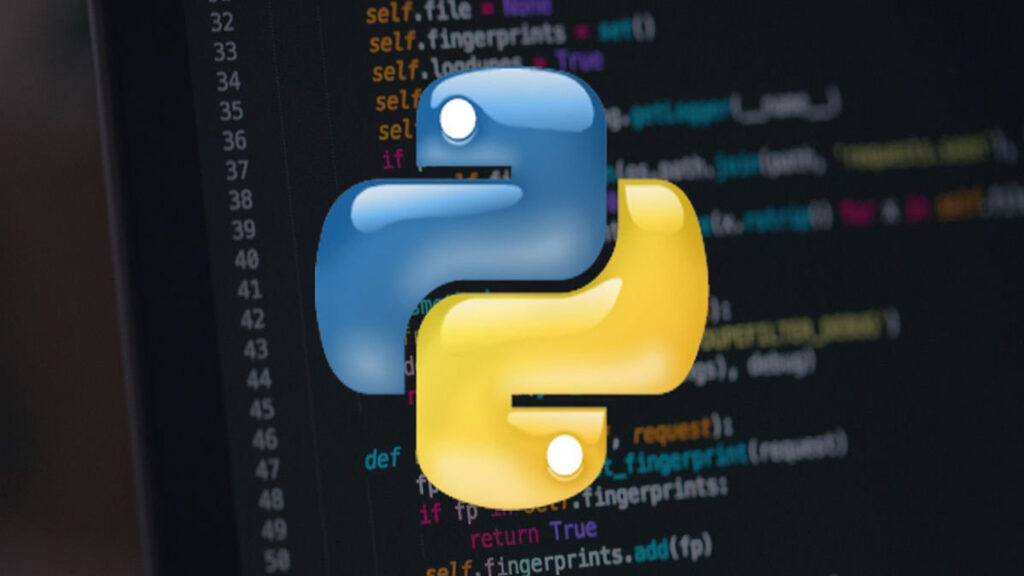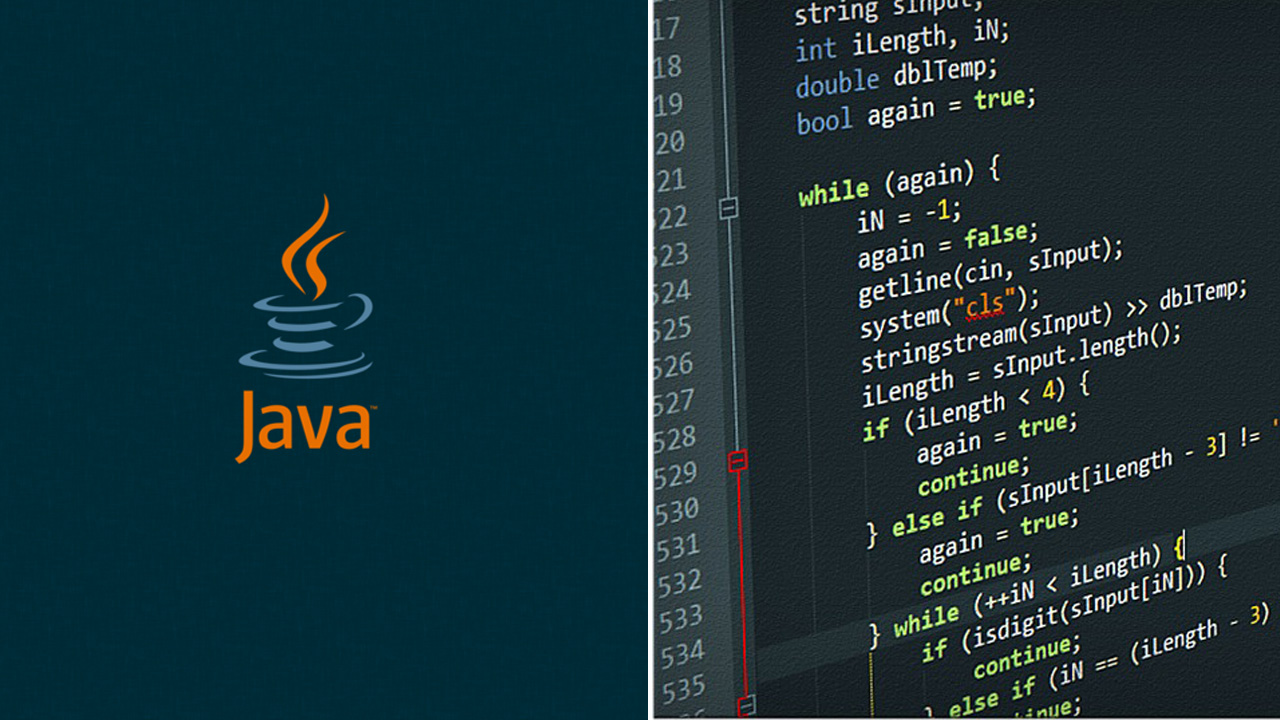The White House has stated the software industry needs to transition to safer coding practices to reduce cyber-attacks. Accordingly, the National Cyber Director’s Office, affiliated with the White House, has prepared a new report. The report advises against the use of programming languages like C and C++ that have memory safety issues.
White House: Avoid Using C and C++
According to research by Microsoft and Google, memory safety errors are responsible for the majority of software vulnerabilities. The report suggests that companies should transition to languages like Rust and JavaScript, which prevent classes of errors related to memory access and corruption.

The White House aims to shift cybersecurity responsibility from individuals and small firms to larger organizations and technology companies. Sectors predominantly using C++, like Microsoft and Meta, are required to transition to safer alternatives.
Experts note that this recommendation comes at a critical time. Although the dangers of C and C++ have been known for a long time, languages that ensure memory safety have now reached a significant stage in the market. The White House’s call could reduce cyber-attacks on infrastructure networks and systems.
According to a study last year, about 20% of programmers use C++, and 19% use C. However, the TIOBE Programming Community stated that Python is more popular. Following closely behind are C, C++, and Java.

Numerous technology companies, including HP Enterprise, Accenture, and Palantir, have supported this report. The implementation of these new guidelines will also change the overall security posture of the supply chain.














